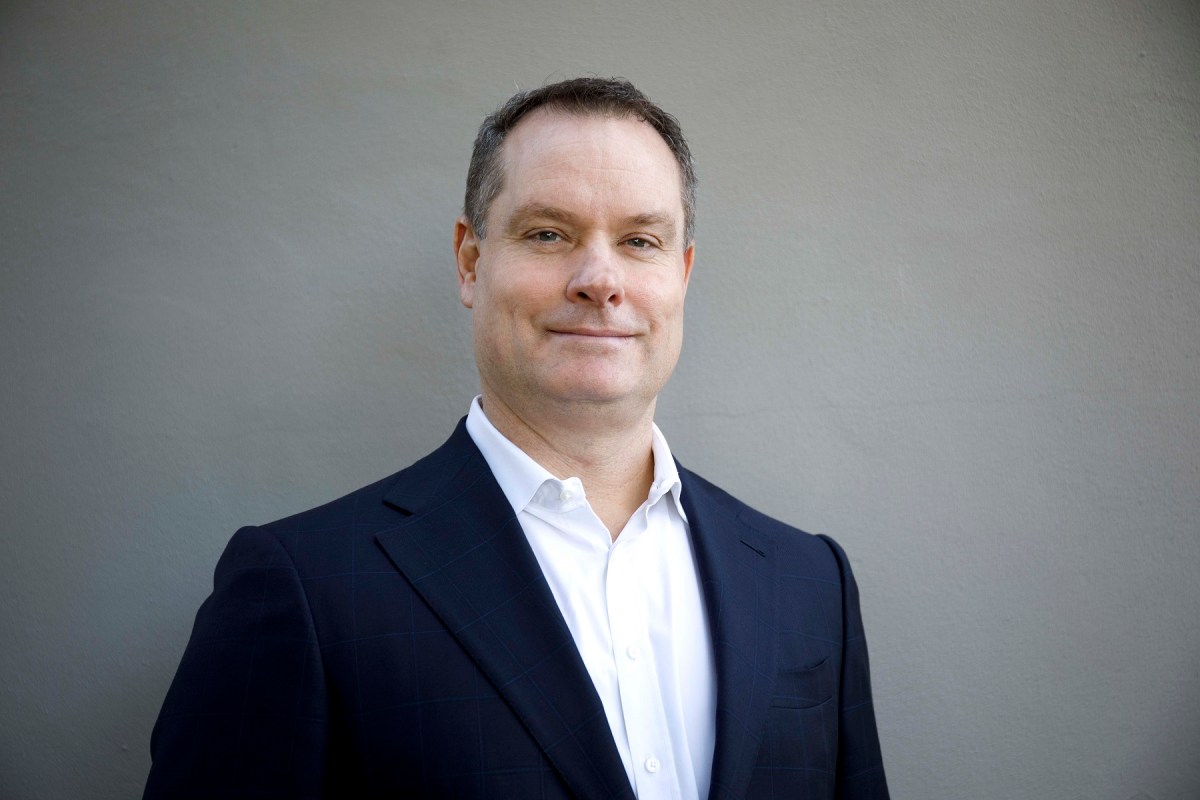Australia’s retail sector has proven itself to be resilient to change and to recruitment and retention pressures, but even so, there is always room to improve.
Recent research by Culture Amp shows that three-quarters of retail employees in Australia feel “engaged” and “emotionally committed” to their employer. They tend to be proud of their workplaces and what their employers stand for. But one-in-three don’t see themselves at the same place in two years – and some 16% are already active in the job market.
This isn’t particularly terrible, given there were – at one stage – acute concerns that the retail sector would be hard hit by the Great Resignation, a phenomenon that saw a mass exodus of staff chasing better working conditions.
A new study shows the retail sector largely escaped the phenomenon. Despite residual challenges, the retail-heavy study found “frontline workers aren’t rushing to join the Great Resignation. In fact, almost two-thirds of frontline workers remain fiercely loyal to their employers, and plan to remain in their current positions for at least another four years – even as they feel increasingly burdened by the strains of their jobs.”
Still, retail staff saw some room for improvement, in the form of: more support and empathy, more learning and growth opportunities, and access to “new tools, such as digital messaging apps or task-management tools, to streamline workflows and boost collaboration.”
Some of this is already underway: Kmart Australia, for example, has highlighted efforts to streamline “the way our team members manage inventory flow from supplier to shelf”. Bunnings has similarly cited employee engagement as being the key to business growth.
We’ve observed a clear trend in Australia’s retail sector to double-down on their recruitment and retention processes, on the basis that a good experience at the first point of engagement, and from hiring through to recruitment and employment, can be a clear differentiator – the difference between attracting staff and seeing them accept jobs elsewhere (at other retailers, or other frontline professions).
There are four ‘hero’ experiences that may be viewed as reliable indicators of a workplace that understands how to engage and retain new staff. Knowing and understanding them may be the key to retailers reversing their own recruitment fortunes.
What the top echelon of retailers get right
First, top-performing retailers make the hiring process personable and transparent.
Where employers may have previously gotten away with suboptimal recruitment processes – taking in many applications but only ever responding to a small subset, and potentially not even letting unsuccessful candidates know where they stand post-interview – this is no longer acceptable practice.
Prospective hires take a lot from their initial engagement with a company. They want a well-structured and transparent process that allows them to track their progress throughout, preferably with self-serve access, and they’re increasingly unwilling to entertain companies and recruitment processes run via email and Excel.
And so the first mark of success is a digital-first, employee-centric single system of record for recruitment. Employers also benefit from this, as they have a single, auditable view of all active hiring processes in train.
Second, new retail staff want a smooth onboarding experience.
The onboarding processes for new hires is often jarring. They’re HR-centric, despite HR’s role being one of coordinating input from multiple parts of the organisation. New staff need to familiarise with policies and procedures, undertake mandatory safety training, be issued access cards, be registered as an employee in HR and finance systems, and so on.
This all needs to be set up ahead of their start date. Best-in-class retail employers manage employee onboarding and coordinate all the ingredients seamlessly from a single place. Tasks are created, assigned, and tracked through to completion, so that new hires can hit the ground running, and retailers have an audit trail to know that all the required onboarding activities were completed.
Third, great retailers provide growth opportunities for employees, exposing them to a diversity of experiences and skills. Ambitious people are always on the lookout for opportunities; for employers it is about finding the best way to meet that need.
Best-in-class Australian retailers are committed to career development. Career planning has a lot of moving pieces. Retailers that do this best make it look easy, again by running it through a single system that can manage the end-to-end process.
Finally, top retailers know that even if they do everything right, some people may still decide to leave. If that occurs, the exit process should be just as seamless as all parts of the employee journey that preceded it.
If onboarding was done properly in a coordinated and auditable way, offboarding should just be the reverse of that, and be relatively simple. Conversely, a poor exit process can open the retailer up to security risks – for example, accounts or access passes that remain active when they should have been shut off.
While retailers on the whole have done well to keep employees engaged, the demands of employee experience are ever-evolving. Retailers need to continuously improve their systems in order to show they can maintain their status as employers of choice.
Dion Williams is founder and CEO of Servicely.

